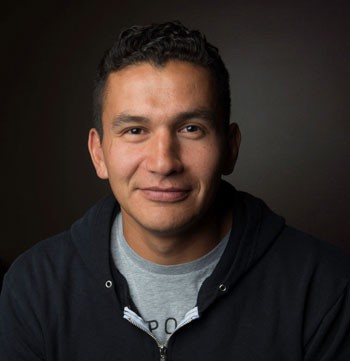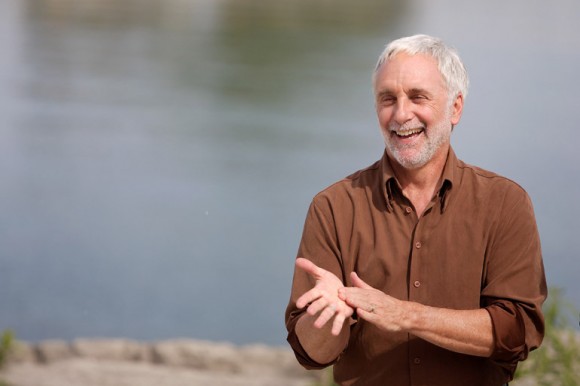What: World Water Day panel discussion — exSTREAMS: The Okanagan water story and you
Who: panelists from Global Water Partnership, Okanagan Nation Alliances, and the Okanagan Basin Water Board
When: Tuesday, March 22, 6 to 8:30 p.m.
Where: Laurel Packinghouse, 1304 Ellis Street, Kelowna
UBC’s Okanagan Institute for Biodiversity, Resilience, and Ecosystems Services, together with the Okanagan Basin Water Board and Okanagan WaterWise is marking World Water Day with a special panel presentation titled exSTREAMS: The Okanagan water story and you.
The panel will speak about the Okanagan valley’s droughts and floods from a historical First Nation’s perspective, and how extreme weather events are changing.
Panelists will look at how Okanagan communities are working together to address droughts and floods, and how individuals can be part of that effort. Special keynote address will come from Margaret Catley-Carlson, vice-chair of the Canadian Water Network Board. Catley-Carlson will provide an international perspective on what is a global and regional issue.
Panelists are:
- Margaret Catley-Carlson — past chair Global Water Partnership
- Sarah Alexis — Okanagan Nation Alliance, natural resources project coordinator
- Richard Bussanich— Okanagan Nation Alliance fisheries biologist
- Anna Warwick Sears — executive director Okanagan Basin Water Board (OBWB)
- Don Dobson—past-chair of the Okanagan Basin Water Board Water Stewardship Council
Along with the panel discussion, local organizations will have display tables set up to promote ideas such as low-water landscapes, high-efficiency home irrigation systems and more. Displays will be hosted by the Okanagan Institute for Biodiversity, Resilience, and Ecosystems Services; OBWB-Okanagan WaterWise; Okanagan Nation Alliance; Okanagan Xeriscape Association; the City of Kelowna and the Mission Creek Restoration Initiative.
This event is free and open to the public, but seating is limited. Registration is required. Light refreshments will be served. Doors open at 5:30 p.m., event starts at 6 p.m.For details and to register, please visit: exstreams.eventbrite.ca
–30–
The post World Water Day opens discussion about valley drought and floods appeared first on UBC's Okanagan News.









